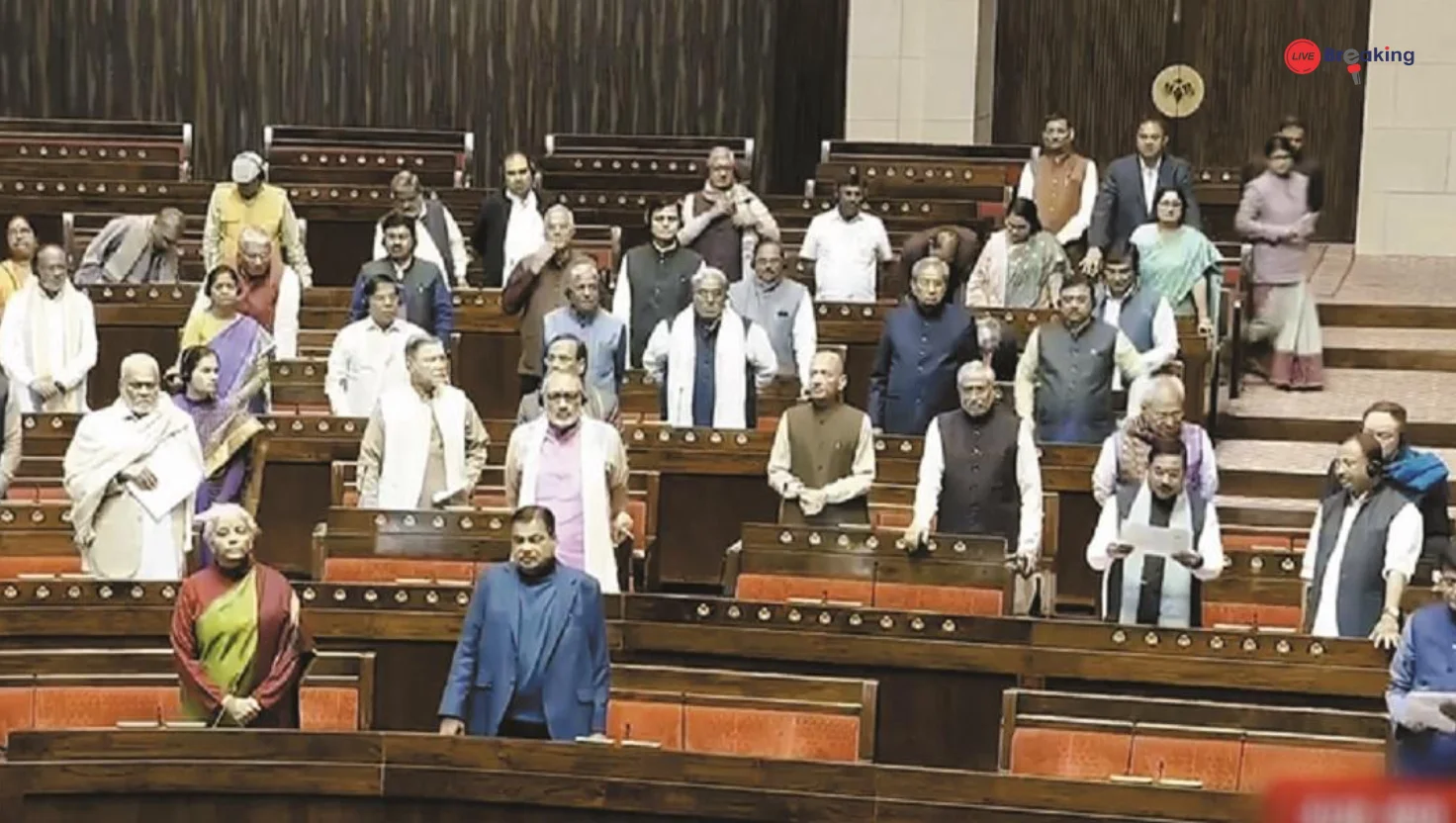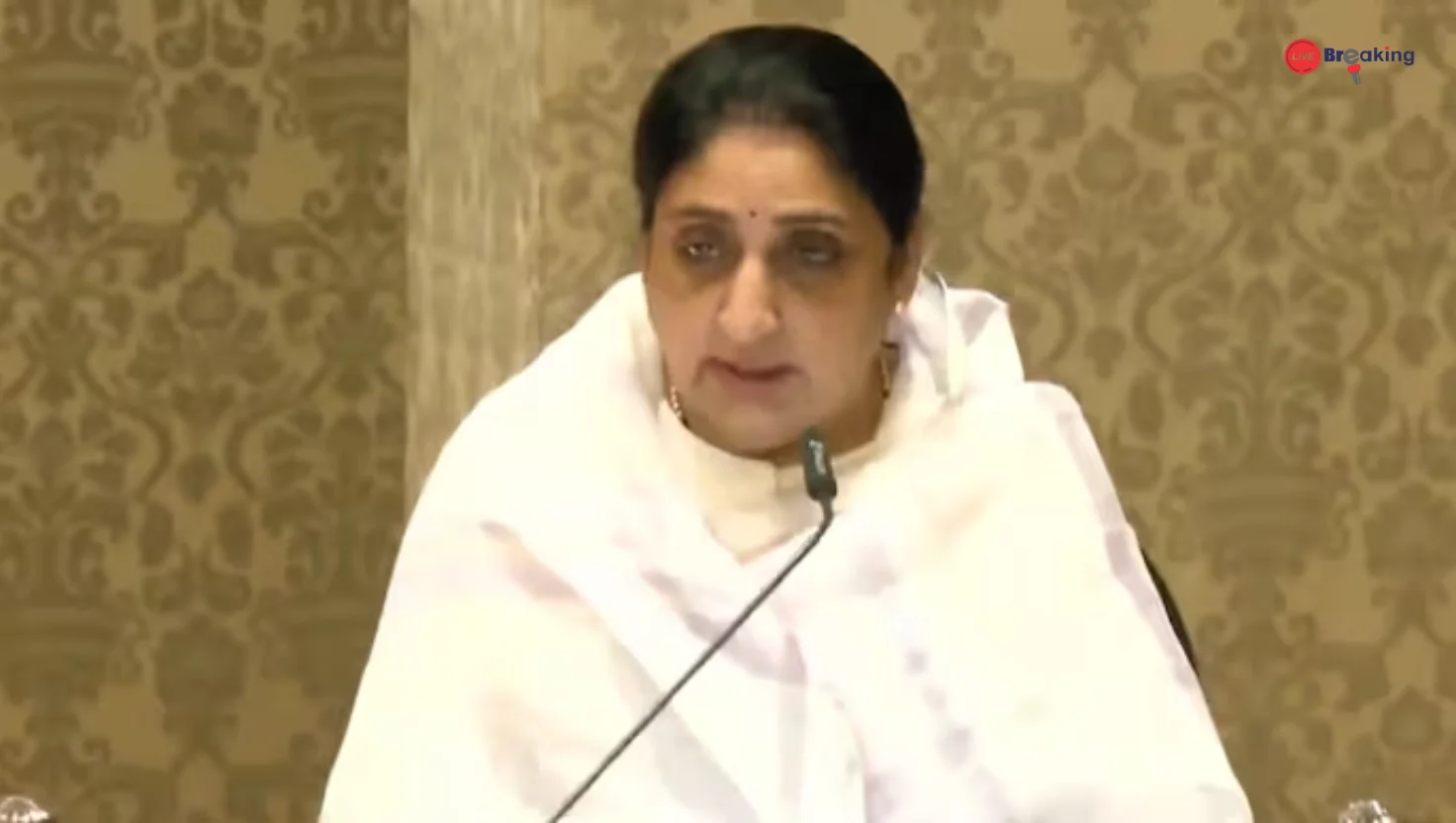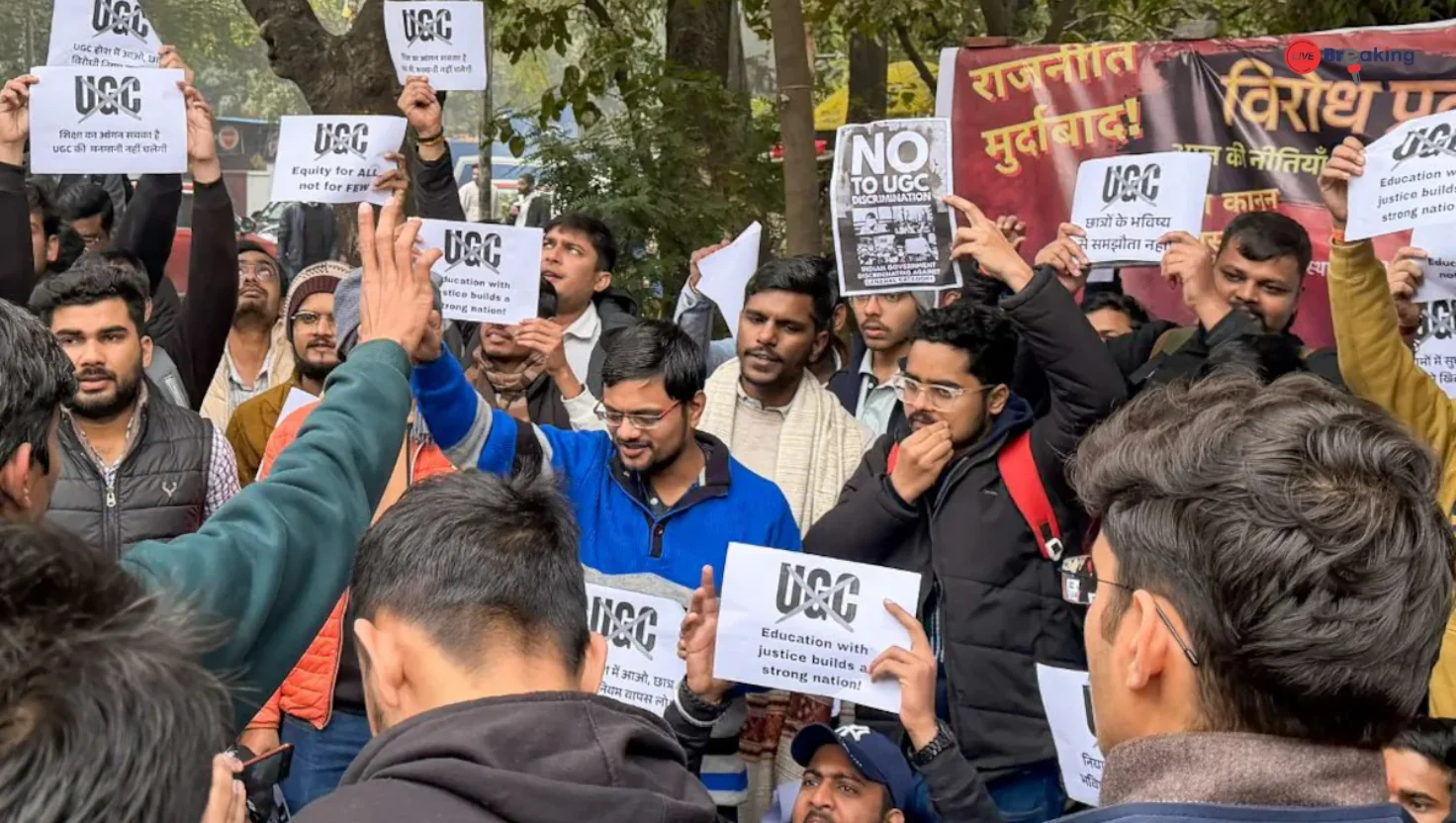6 Dead In Gaza Strikes Hours After Trump Called On Israel To Stop Bombing
The ongoing conflict in the Middle East saw another grim turn as six people were reported dead in Gaza following a fresh round of Israeli airstrikes, only hours after former US President Donald Trump publicly urged Israel to halt its bombing campaign. The deaths underscore the deep complexities of the situation and highlight the limitations of external appeals in halting a spiraling conflict.
Trump’s Call for De-escalation
Trump’s remarks came during a high-profile address in which he called on Israel to exercise restraint and to immediately stop bombings in Gaza. His comments, though seen as a surprising pivot from his historically strong pro-Israel stance, were framed as a humanitarian appeal. Trump cited the devastating toll on civilians, particularly women and children, and emphasized the need for dialogue over further violence.
Observers speculated that Trump’s intervention was aimed at presenting himself as a global statesman capable of influencing major conflicts, particularly as he positions himself politically on the international stage. Yet, the rapid developments in Gaza showed the stark difficulty of turning words into meaningful outcomes when entrenched hostilities dominate the landscape.
Renewed Strikes and Civilian Toll
Just hours after Trump’s appeal, reports confirmed that Israeli airstrikes targeted several locations across Gaza, leaving six people dead and many others wounded. Local health officials said that among the casualties were civilians, adding to the already mounting death toll in the region. The strikes reportedly hit both residential areas and suspected militant strongholds, reflecting the Israeli military’s stance that its operations are aimed at neutralizing threats from Hamas and other militant factions.
For residents of Gaza, however, the strikes marked yet another night of terror. Families described fleeing their homes amid the bombardment, while emergency services scrambled to reach those trapped under debris. The incident has reignited calls from humanitarian groups for an immediate ceasefire, as the densely populated enclave remains highly vulnerable to aerial attacks.
Israeli Position and Security Concerns
Israeli officials maintained that the strikes were part of a broader security operation designed to protect its citizens from ongoing rocket fire originating in Gaza. The military has long argued that Hamas embeds its operations within civilian neighborhoods, making civilian casualties an unfortunate but inevitable consequence of defense measures.
Read more: No Remorse, No Responsibility’: Madras HC Slams Vijay Party Over Stampede
While acknowledging international pressure, Israeli leaders remain resolute that the responsibility for civilian deaths lies with militant groups. The persistence of rocket attacks into southern Israel has fueled public support within the country for continued military action, despite the mounting humanitarian costs.
Global Reaction and Diplomatic Strain
The timing of the strikes, so soon after Trump’s statement, drew sharp reactions across the globe. Human rights organizations criticized Israel for disregarding calls for restraint, while others questioned the effectiveness of Trump’s appeal. Some analysts noted that Trump’s lack of formal governmental authority limited the weight of his request, particularly in the absence of coordinated efforts from the current US administration and other global powers.
Meanwhile, regional players such as Egypt and Qatar have been attempting to mediate behind the scenes, but progress has been slow. The escalation in violence following Trump’s appeal risks further complicating diplomatic efforts, as both sides dig deeper into entrenched positions.
Humanitarian Concerns Escalate
As the death toll rises, humanitarian agencies are warning of a worsening crisis in Gaza. With infrastructure already stretched thin and access to basic necessities disrupted, civilians are bearing the brunt of the conflict. Medical facilities are struggling to cope with the influx of injured patients, while displaced families seek shelter in overcrowded areas.
Read more: India Warns Pakistan: Avoid Aggression Over Sir Creek Dispute
The latest deaths add urgency to international calls for ceasefire negotiations. Yet, with both Israel and Hamas unwilling to yield ground, the immediate prospects for peace remain uncertain.
A Cycle of Violence
The events underscore the cyclical nature of the Gaza conflict. Appeals from international figures, no matter how high-profile, have historically struggled to change realities on the ground. Each round of escalation deepens mistrust and raises the stakes for both sides, while civilians continue to suffer disproportionately.
The killing of six people in Gaza, so soon after Trump’s call for peace, has become emblematic of the broader struggle: a conflict resistant to outside pressure and perpetuated by a volatile mix of security fears, political rivalries, and humanitarian crises. Unless meaningful negotiations take root, the region risks being trapped in yet another prolonged phase of violence with devastating consequences for ordinary people.













